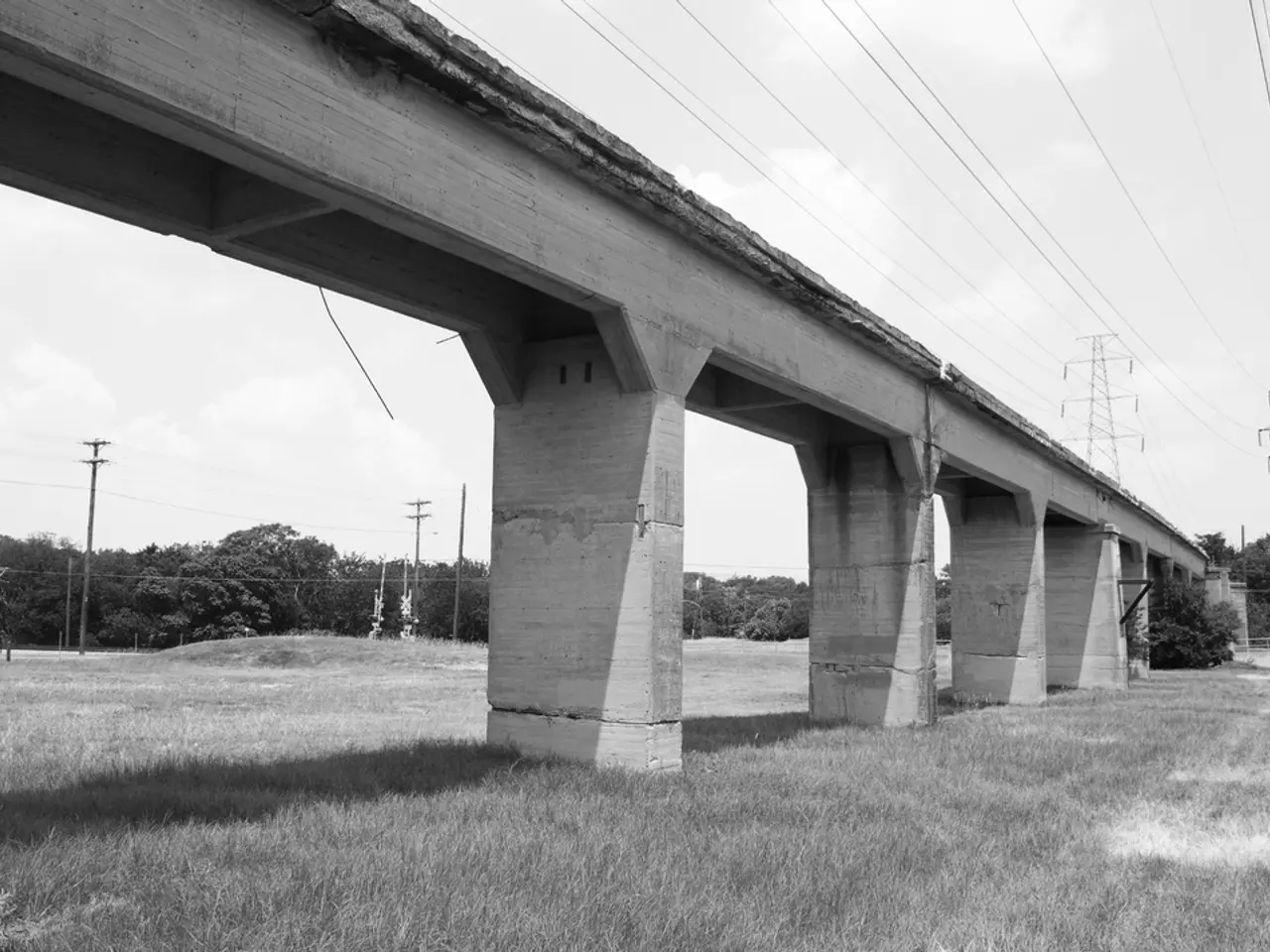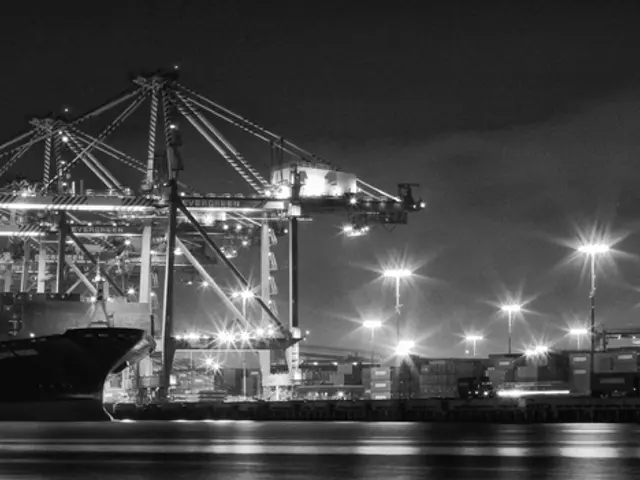Germany's Energy Transition Stymied by Battery Storage vs. Gas Plant Grid Race
Germany's energy transition faces a dilemma: battery storage, crucial for balancing renewable power, is competing with gas power plants for grid connections. This could hinder the transition and increase costs for consumers.
Battery storage is vital for managing the fluctuating output of renewable sources like wind and solar. However, it's also competing with gas power plants for network connections. Grid operator Tennet fears that planned gas power plants may not get connected if battery storage projects occupy all available capacities.
The demand for gas power plants is mainly in the south, where wind power expansion is slow. But the largest gas storage facilities are in the north, where there's no demand for fossil fuel power plants. This mismatch is causing concern. Fossil fuel providers are also worried, as cheaper storage options reduce the volatility of renewable energy, threatening their profits.
The KraftNAV ordinance from 2007 may be hindering the energy transition. It doesn't consider battery storage and prioritizes gas power plants over energy storage systems. Meanwhile, China has recognized the lack of storage and is promoting its development, bringing synergies with e-mobility and cheaper storage prices in Germany.
Critics have previously labeled wind and photovoltaic power as 'intermittent' and attempted to attribute costs to these renewable sources. However, the real challenge lies in balancing the grid efficiently and fairly.
Germany's energy transition requires a balanced approach to grid connections. Battery storage and gas power plants should not be pitted against each other. Policy updates, like reconsidering the KraftNAV ordinance, and fair grid allocation are crucial. The goal should be a sustainable, affordable, and reliable energy system for all.








